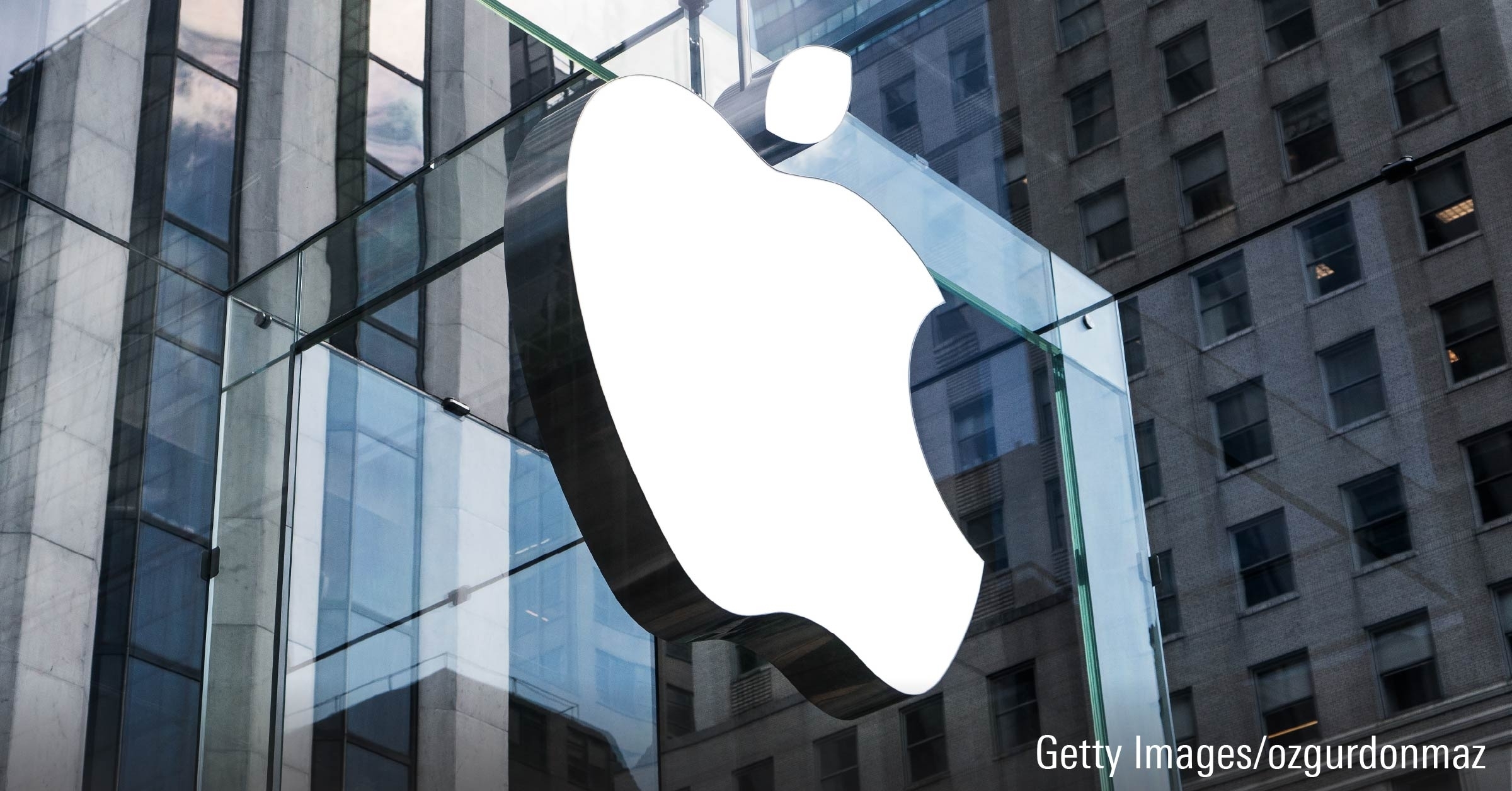The Indian government has approved 36 new infrastructure projects in a bid to give the ailing economy a boost. Energy and transport projects worth £17.7billion have just been given the go ahead by the Indian government including oil and gas developments, transport links and new roads.
Finance Minister P Chidambaram said that the government was sending a message that “the investment cycle has restarted, and we are pushing it”.
This message could not come soon enough. The Indian currency has dipped to an all-time low against the dollar and the stock market is experiencing unattractive levels of volatility.
Pioneering emerging market investor Mark Mobius of Franklin Templeton said that India needed urgent reform and a change to the government administration to make business and investment more viable.
Teera Chanpongsang, portfolio manager of the Fidelity Emerging Asia Fund said that while the long-term outlook and growth prospects for India were attractive, he remains concerned over the country's twin deficits, the depreciating rupee and upcoming elections in the middle of next year.
“Oil imports account for around two-thirds of the current account deficit and gold imports are responsible for the other third,” Chanpongsang said. “The government has implemented a duty increase on gold, a limit on how much individuals can bring into the country and which types of companies can import gold. This looks to be slowing down gold imports a little.”
With oil imports making up such a large proporation of the current account deficit, Chanpongsang said the rising oil price could prove problematic – especially while the rupee is weak.
And weak it is. According to Deepak Lalwani, author of the Lalcap India Report the rupee has been the worst performer in Asia since May when the US Fed announced that it might start tapering quantitative easing.
“The fear for India is that erstwhile inflows will dry up as investors start to shun countries with a high current account deficit, a slowing economy and relatively high inflation,” he said. “India ticks these boxes.”
Avinash Vazirani, manager of the Jupiter India Fund said a combination of Indian politics, a rudderless central bank and US tapering fears were all playing their part in driving down the Indian rupee.
Vazirani said that the current government was much too focused on legislation that will help it to get re-elected, with the country due to go to the polls by the middle of next year.
“Domestic politics may be playing its part in the rupee’s slide but US monetary policy is also having a significant impact,” he said. “The US Federal Reserve’s $85billion-a-month bond buying programme unleashed a wave of cheap money that found its way into emerging markets where it could earn higher yields than in developed markets.
“Since the US Federal Reserve has signalled it would be cutting back on its bond buying once the US economic recovery is on sure footing, investors have been piling out emerging markets, sending these countries’ currencies spiralling down.”
He highlighted that Brazil’s real, Indonesia’s rupiah and Mexico’s peso have all fallen sharply against the US dollar – as well as the rupee.
“With the Federal Reserve still unwilling to set a date on when it will start the tapering of its quantitative easing programme, as its bond buying scheme is better known, the rupee and other emerging market currencies are likely to remain volatile,” Vazirani said.
Chanpongsang said that despite these problems he was confident that GDP growth would hit 5%.
“I continue to invest in positions that are long term winners such as pharmaceutical companies that will benefit from patent expires in the US, IT outsourcing companies and selected high quality banks in India," he said.
Financial adviser Juliet Schooling Latter from Chelsea Financial Services said that Indian equities were a good long-term investment but they are likely to remain volatile until the country had ironed out its structural issues and reduced its deficit.
“Investors already in Indian equities probably shouldn't sell now as will simply be locking in losses, and hopefully are invested for the long-term,” she said. “It really isn't a market for more cautious investors though.”
Emma Wall is Web Editor for Morningstar.co.uk.






.png)










